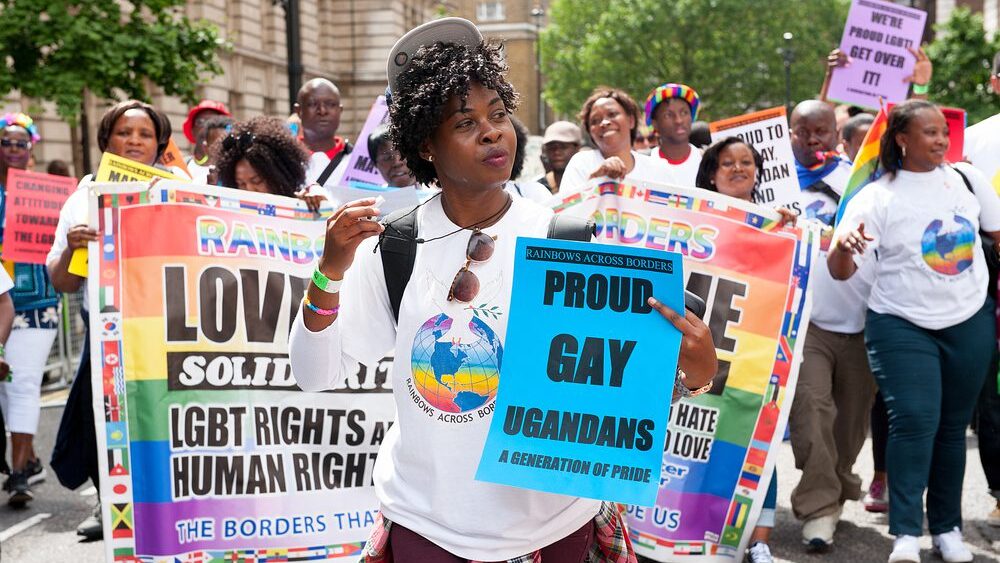The European Commission confirmed this week that it will not suspend humanitarian aid to Uganda despite the East African nation’s criminalisation of homosexuality. Under the new law, practicing homosexuality can result in punishment up to the point of the death penalty, as part of a cultural pivot away from the West by President Museveni.
The Commission was responding to a parliamentary question by conservative Swedish Democrat MEP Johan Nissinen concerning approximately €248 million in aid that Uganda has received from the EU since 2017, most recently to combat the spread of Ebola.
The African nation with a population of 46 million is responding to pressure from conservative pastors and looks to court China and Russia as alternative development partners, hoping to culturally detach from the West.
Uganda has already been the target of an economic boycott from Western financial institutions, such as the World Bank. The Ugandan government now looks to Russia to assist it in getting its nuclear energy programme off the ground.
While Commission officials stated that the EU had “deep concerns” about the treatment of homosexuals, they felt that the cessation of humanitarian aid would only hurt the most vulnerable in Ugandan society with the funding gaps likely to be filled by authoritarian non-Western nations.
A major source of coffee for the EU, Uganda is also believed to have unmined reserves of copper and cobalt at a time when EU policymakers are scrambling to secure raw materials from the Global South.
Uganda, which has been led by former Marxist revolutionary President Yoweri Museveni since 1986, has indicated that it wants to be more than just a resource deposit for Europe and looks to develop its own industrial capabilities.
Kenya, a major European ally in the region, could be the next African nation to pass anti-LGBT legislation as many link homosexuality to Western cultural hegemony and political interference.
The blind eye turned by the Commission to Uganda contrasts with Brussels’ dogged pursuit of Hungary and Poland for alleged homophobia, although LGBT rights are protected under various EU treaties and numerous resolutions by the European Parliament.






